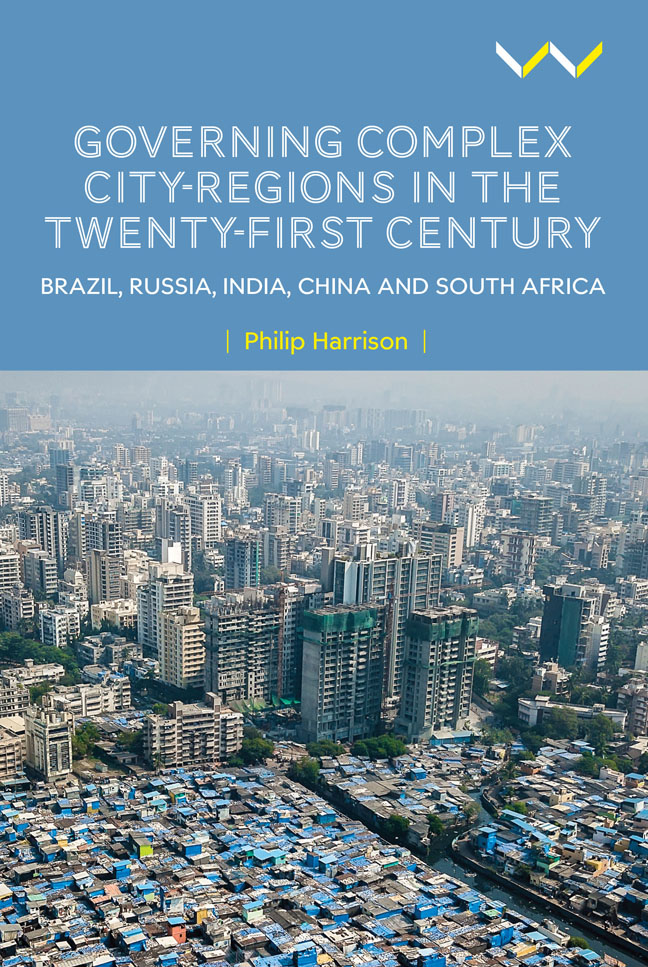 Governing Complex City-Regions in the Twenty-First Century
Governing Complex City-Regions in the Twenty-First Century Published online by Cambridge University Press: 02 March 2024
Introduction
The possibilities for collective action across Brazil’s mega agglomerations rest in the political cultures produced through Brazil’s 500 years of colonisation and decolonisation and, more immediately, in the political settlement reached in Brazil’s transition from military rule to democracy. Political cultures were initially forged within the context of absolutist state structures, mercantilism, the Catholic Church and a slave-based plantation economy and, later, within the context of post-colonial struggles to establish a modern democracy. A complex and hybrid political culture emerged, with many regional inflections.
This chapter begins with a brief account of the history in which contemporary initiatives are embedded, followed by a contextual overview of urban Brazil. It then provides a more detailed account of the evolving discourse and practice of metropolitan governance, focussing on Brazil’s three largest metropolitan regions – São Paulo, Rio de Janeiro and Belo Horizonte (Map 1). The main argument in the chapter is that Brazil’s political cultures and political settlement privilege a localist ideology that militates against metropolitan governance. However, the pragmatics of governance require forms of collaboration that have gradually evolved, although unevenly and with periodic setbacks. Some forms have been enabled by federal or state legislation, while others have emerged more organically from collaborative initiatives at the metropolitan or sub-metropolitan scales.
The historical embedding
By the end of the nineteenth century, Brazil’s large, plantation-based economy had produced a patchwork of regional oligarchies centred on powerful landowning families. These dynasties gave rise to regionally based political parties with networks of clientelism, allowing citizens to access the protection and services of government in exchange for their loyal support of the oligarchs. This practice of clientelism shaped a political system in which government officials were connected to regional and local bosses (coronéis) through a complex system involving a network of mutual obligations and traded favours (coronelismo) (Selcher 1989). However, there were counter trends, with modernising elites assembling around São Paulo from the late nineteenth century. A political settlement was reached in 1898 between the elites of São Paulo and the oligarchs in semi-peripheral states such as Minas Gerais and Rio Grande do Sul, with the far-flung regions held in check by this arrangement (Hagopian 1996). The monarchy had ended, and an oligarchical republic was in place, which returned some stability.
To save this book to your Kindle, first ensure [email protected] is added to your Approved Personal Document E-mail List under your Personal Document Settings on the Manage Your Content and Devices page of your Amazon account. Then enter the ‘name’ part of your Kindle email address below. Find out more about saving to your Kindle.
Note you can select to save to either the @free.kindle.com or @kindle.com variations. ‘@free.kindle.com’ emails are free but can only be saved to your device when it is connected to wi-fi. ‘@kindle.com’ emails can be delivered even when you are not connected to wi-fi, but note that service fees apply.
Find out more about the Kindle Personal Document Service.
To save content items to your account, please confirm that you agree to abide by our usage policies. If this is the first time you use this feature, you will be asked to authorise Cambridge Core to connect with your account. Find out more about saving content to Dropbox.
To save content items to your account, please confirm that you agree to abide by our usage policies. If this is the first time you use this feature, you will be asked to authorise Cambridge Core to connect with your account. Find out more about saving content to Google Drive.